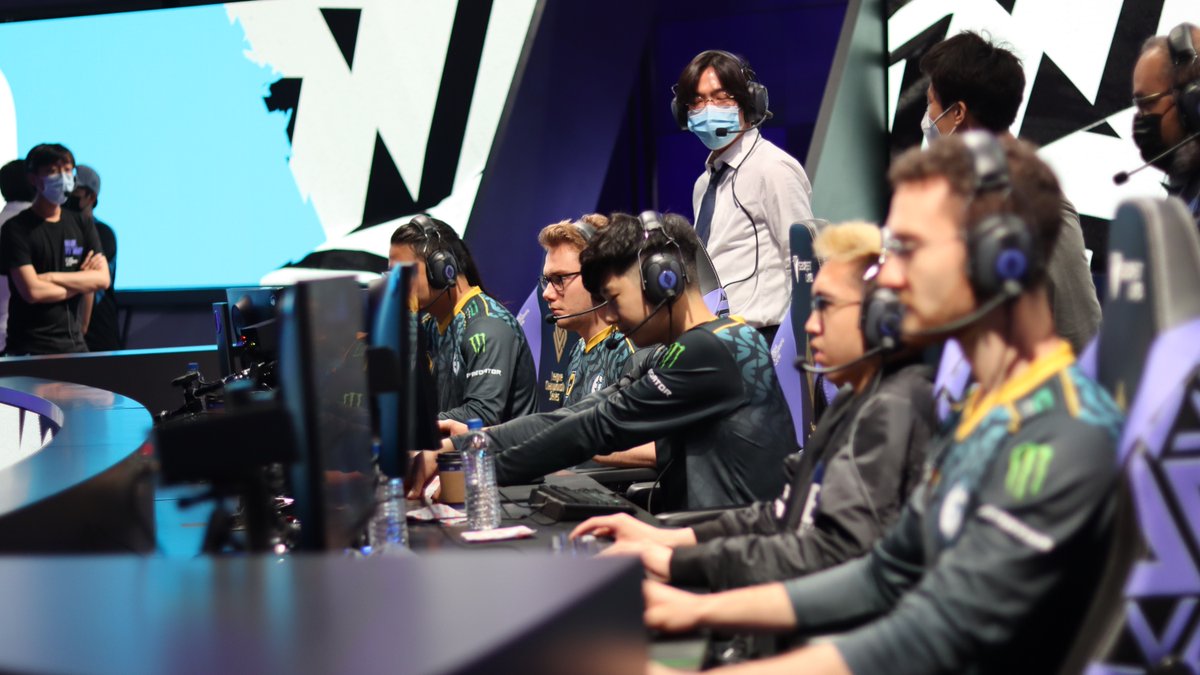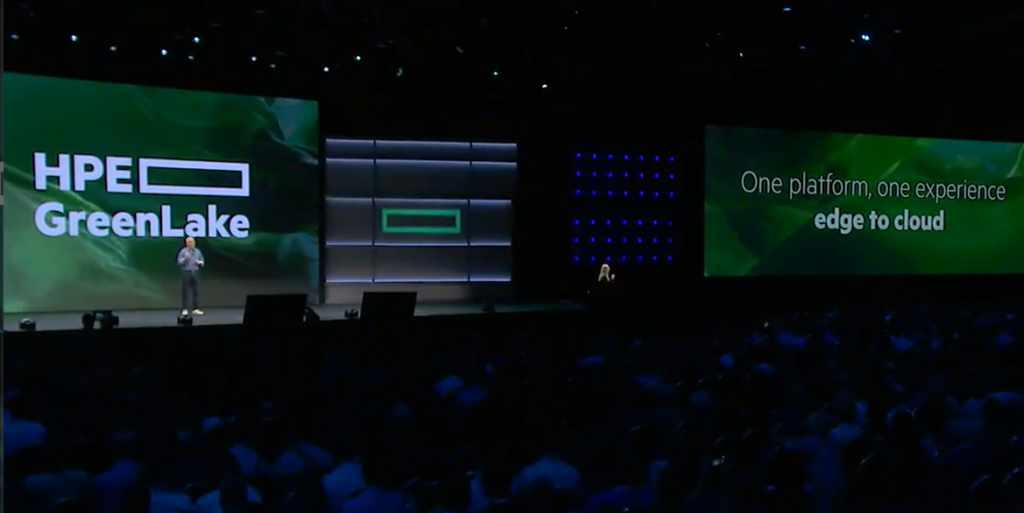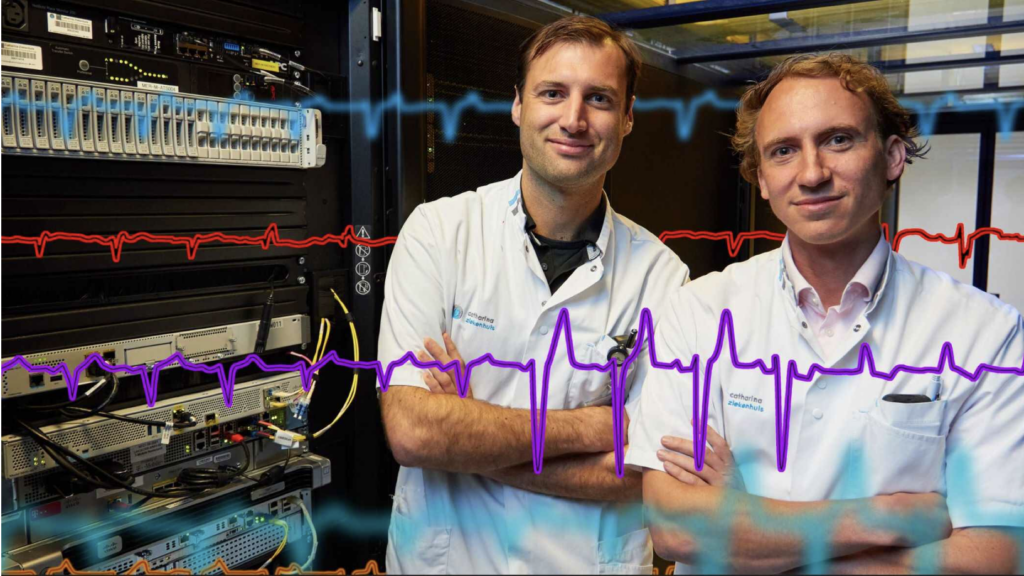The end of June saw Hewlett Packard Enterprise take over the Mecca of card games and games of chance, Las Vegas, with the grand affair of its annual Discover conference. Spinning out of the event was news that HPE is partnering up with esports organization Evil Geniuses, in a multi-year agreement augmenting the latter’s data analytics capabilities with HPE’s artificial intelligence (AI) services and solutions. Such tech can, to quote HPE, help “accelerate and develop Evil Geniuses’ player talent pipeline and identify winning gameplay strategies.”
Relationships between enterprise giants and online sports are nothing new; AWS, for example, helps power gaming platform Twitch.
But recent discourse around enterprise tech and esports have been arguably flavored by moves such as Microsoft’s mega-acquisition of games studio Activision Blizzard.
Such announcements come flavored with the buzzwords of the moment in the ‘metaverse’ and ‘web3’. Refreshingly HPE skips past all this and gets to the actual root of the matter, which is less Meta, and more data.
Speaking with the Washington Post on the HPE partnership, Evil Geniuses CEO Nicole LaPointe Jameson said it’s all about bringing Big Data to esports.
“Where we’re looking five, 10 years from now is how the definition of who can be an esports coach expands if in-game decision-making can be more automated and standardized,” LaPointe Jameson told the outlet, forecasting a focus on leadership skills, building team culture and managing resiliency in esports.
The CEO points in the interview to the cloud-based, AI infrastructure of HPE Greenlake and the Texas giant’s push of edge to the cloud.
“What that means is to have data access and availability and decision-making in a real-time sense available in areas that push the edge of what could have been or wasn’t there before.”
The enterprise finesse of Big Tech therefore poses a chance to bolster professionalization in the esports arena.
“In esports, deriving insights from data to act more quickly is key to winning,” said Jim Jackson, HPE’s chief marketing officer on the announcement of the partnership. “Our sponsorship of Evil Geniuses unlocks competitive advantage by enabling this innovative esports organization to dive deeper into their gameplay data to more easily identify and perfect winning strategies.”
Amateur hour
It’s not just esports though that will see further cloud penetration, but the gaming sector as a whole. GlobalData for example forecasts the cloud gaming market to be worth $30bn in 2030, at a compound annual growth rate of 40 percent from 2020 across ten years.
In the same manner video and audio streaming has reshaped the music, film and TV markets, cloud gaming is expected to disrupt the gaming world. While the metaverse and its promised interactive delights may play a part in this rise, we can again look at data as a key factor to consider.
Google Cloud and AWS already offer services to understand amateur gamers more deeply with data. Data leader Snowflake also promises constant insights for game analysts to improve game play, deliver personalized game experiences, and drive revenue for studios.
That market goes beyond the multiplayer landscapes and first-person shooters dominated by professionals playing for the likes of Evil Geniuses. It can include mobile app games, social simulators like Animal Crossing, edutainment – even online casinos.
All the data generated from such swathes of gameplay links to HPE’s big bets on the edge. In one blog on the HPE site, Kirk Bresniker, chief architect and HPE fellow at Hewlett Packard Labs, comments on how 5G technology facilitates the movement of bandwidth-gobbling gameplay to the edge of the network, to servers closer to the players, further reducing the lag that can hinder gameplay. The edge also optimizes network traffic so the network can handle more tasks at once.
“We’re now generating so much information that within the next several years, much of it will never make it to anything we’d call a data center,” says Bresniker. “We need to understand how we will capitalize on all that information out in tens of billions of mobile devices and smart things in near real time to not only educate us but also to entertain us.
“Tomorrow’s games will be deeply personal, insanely evocative, and hyper-localized. All of that will be driven at the edge.”
With all the money involved in gaming and the expected forecast of cloud gaming, expect the edge to get a bigger wedge in tech proceedings.





